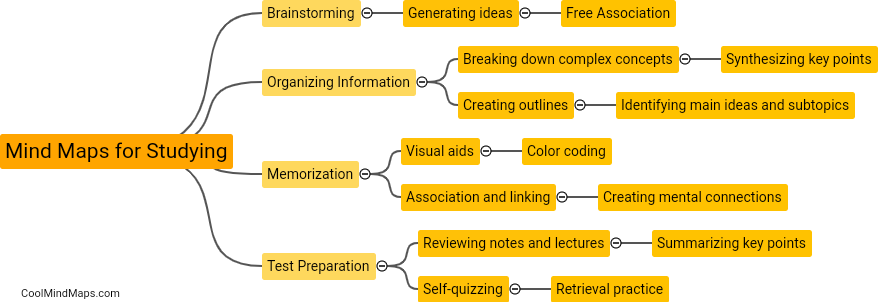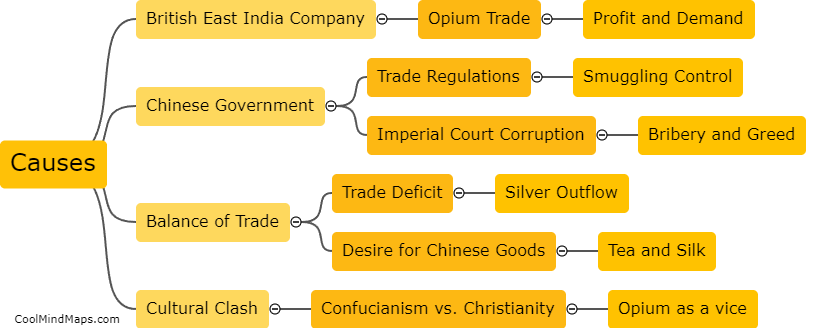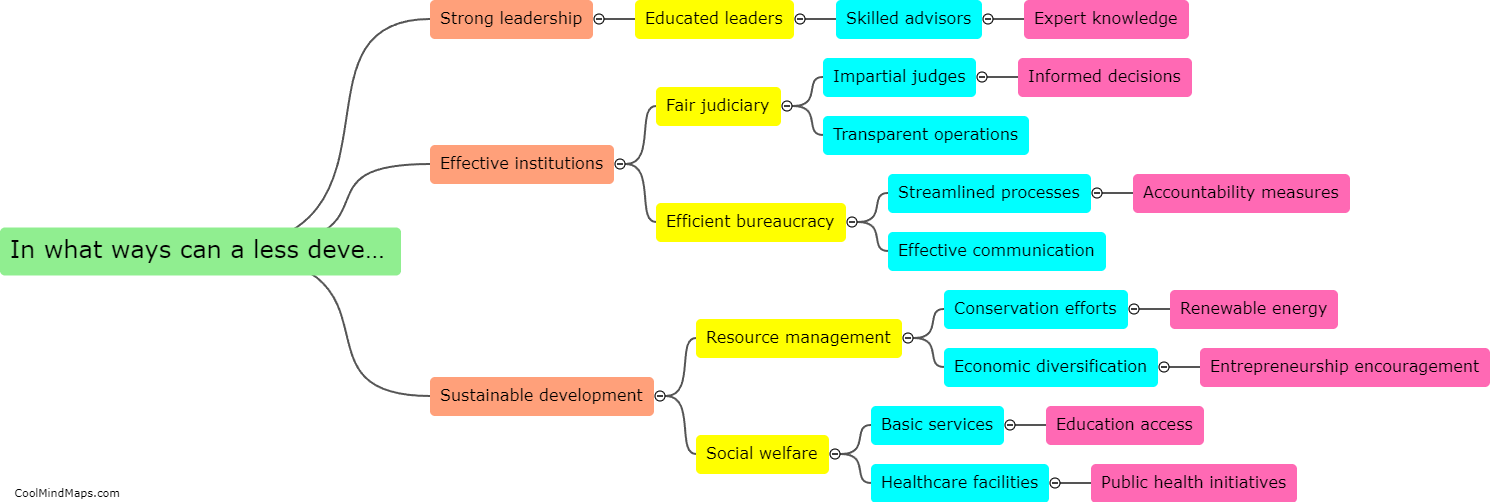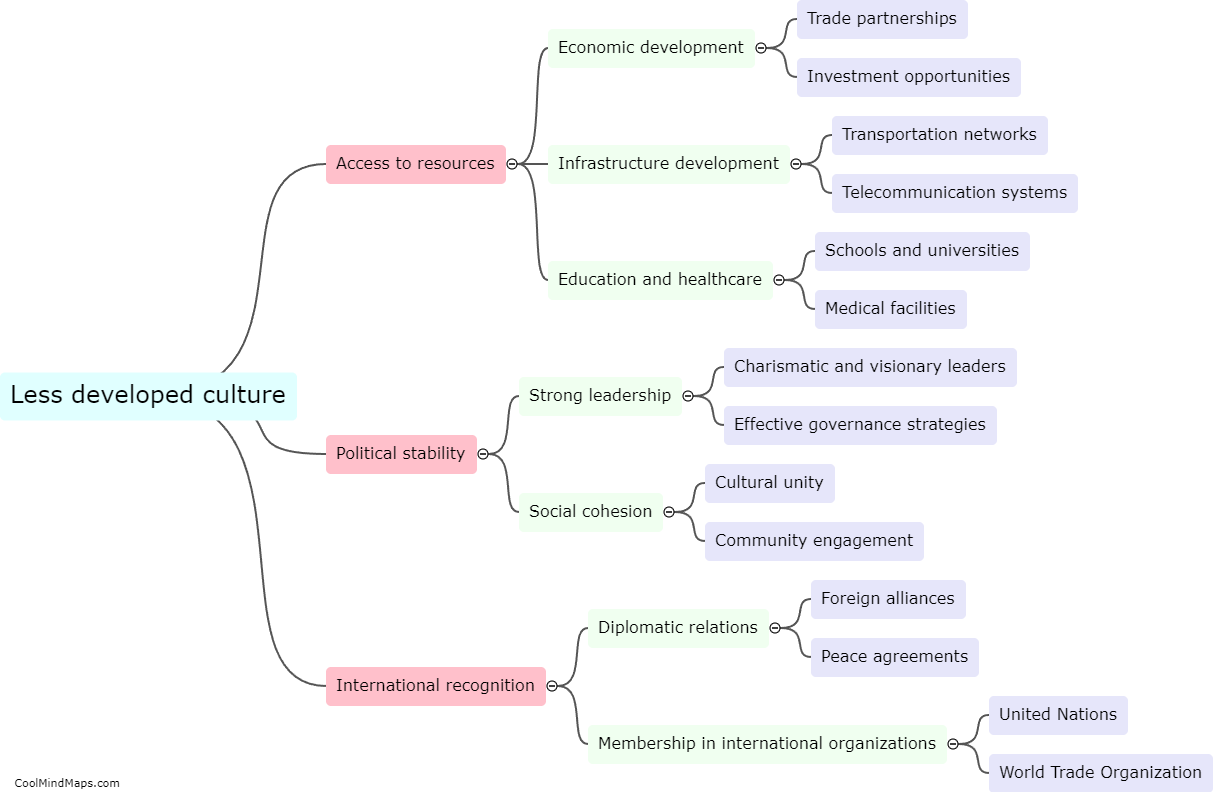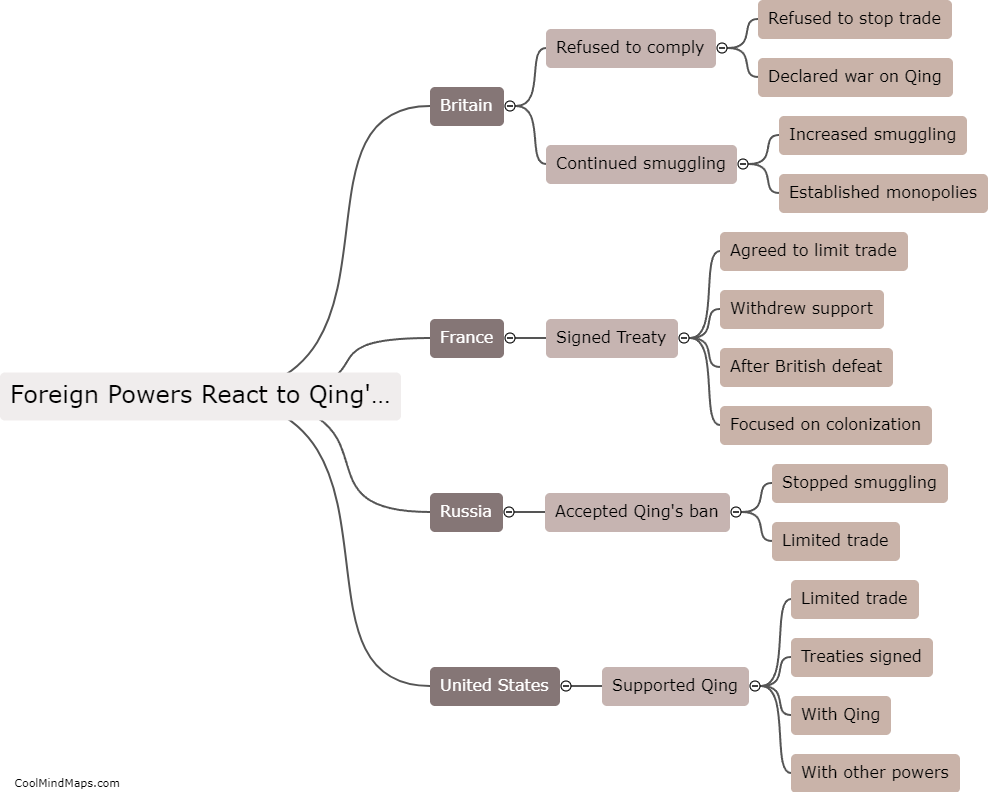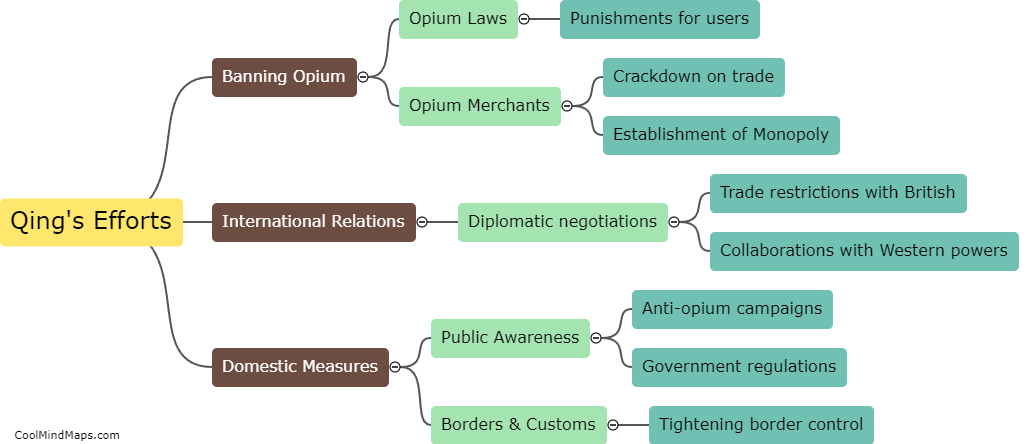What role did cultural differences play in successful governance?
Cultural differences played a pivotal role in successful governance by shaping the way societies and governments were structured and operated. Cultural diversity provided a rich tapestry of perspectives, beliefs, and values that influenced the policies and decision-making processes of a government. By incorporating these varied cultural viewpoints, successful governance could better address the needs, aspirations, and concerns of diverse populations. Additionally, cultural differences promoted inclusivity, fostering a sense of belonging and empowerment among different cultural groups. This inclusivity helped stabilize societies, discourage social unrest, and promote harmonious coexistence. Moreover, cultural differences allowed governments to harness the potential of cultural heritage, traditions, and practices, which often served as pillars for sustainable development and the preservation of cultural, historical, and environmental resources. Ultimately, embracing and valuing cultural differences contributed to the effective governance of societies, ensuring improved social cohesion, enhanced public participation, and the creation of policies that respected and reflected the diverse identities within a population.

This mind map was published on 18 September 2023 and has been viewed 100 times.
